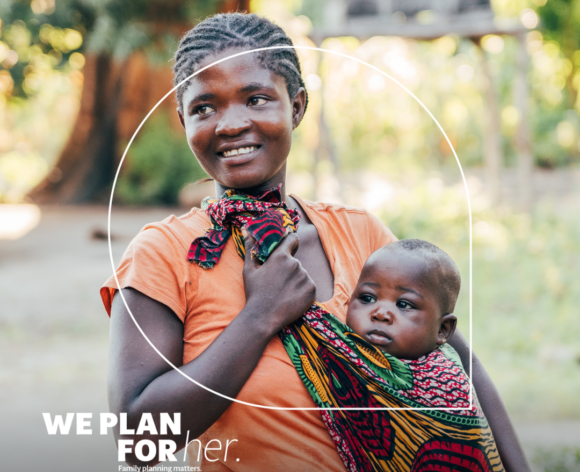
Why Nigeria has high maternal, infant mortality rate — Ehanire
- Health and WellbeingHealth SectorUnder-5 Mortality
- No Comment
- 340
The latest United Nations Children’s Fund (UNICEF) report titled “Situation of Women and Children in Nigeria” states that the country records 576 maternal mortality per 100,000 live births.
The Minister of Health, Osagie Ehanire, says the lack of access to healthcare is the main factor contributing to high maternal, infant and under five mortality in the country.
He said this during the News Agency of Nigeria (NAN) ministerial forum in Abuja.
NAN reports that the latest United Nations Children’s Fund (UNICEF) report titled “Situation of Women and Children in Nigeria” states that the country records 576 maternal mortality per 100,000 live births, while approximately 262,000 babies die at birth every year.
Also, infant mortality currently stands at 69 per 1,000 live births, while under-five deaths is 128 per 1,000 live births with more than 64 per cent of the deaths caused by pneumonia, malaria and diarrhoea.
Mr Ehanire, who said that the figure is embarrassing, added that the federal government is working toward extending healthcare to areas that lack services.
He added that “it is embarrassing when you go to conferences and see that your country has some of the worst indices and that’s one of the reasons why this administration is looking at extending healthcare to areas where we have problems.
“The area where you see this maternal mortality mostly is the rural areas where they have zero access to healthcare and where you will see that in spite of preaching inclusion, many people are actually excluded from the health service delivery.
“That’s why we are pressing for expanded primary healthcare. If you examine the causes of this high maternal mortality and also the infant mortality and the under-five mortality, you find that most of it is due to lack of access.
“There is no hospital there. Most of the women who deliver do so without skilled birth attendants, but once you have skilled birth attendants, maternal mortality reduces drastically.”
According to him, once Primary Healthcare Centres (PHCs) are functional with one in every ward, they should also be manned by experienced midwives.
He also said that the federal government was working with state governments to ensure staff complement every PHC because the states and local governments are responsible for all the personnel at the PHCs as they were the custodians of PHCs.
“If you have enough nurses and midwives, you will be able to offer service at all times. We are now pressing for PHCs that are open round the clock not only by day time, the dispensary can open by day but the PHCs will now be open round the clock.
“The new model that we have set up will have staff quarters, solar power independent of grid electricity, water supply and be able to offer community service day or night so anybody who is ready to deliver will not have a long way to go.
“So, that is a very important part of reducing maternal and infant mortality.
“The other part of it is financial access. There is no point when they get there they don’t have money and then they are ignored.
By Agency Report
https://www.premiumtimesng.com/health/health-news/565096-why-nigeria-has-high-maternal-infant-mortality-rate-ehanire.html


